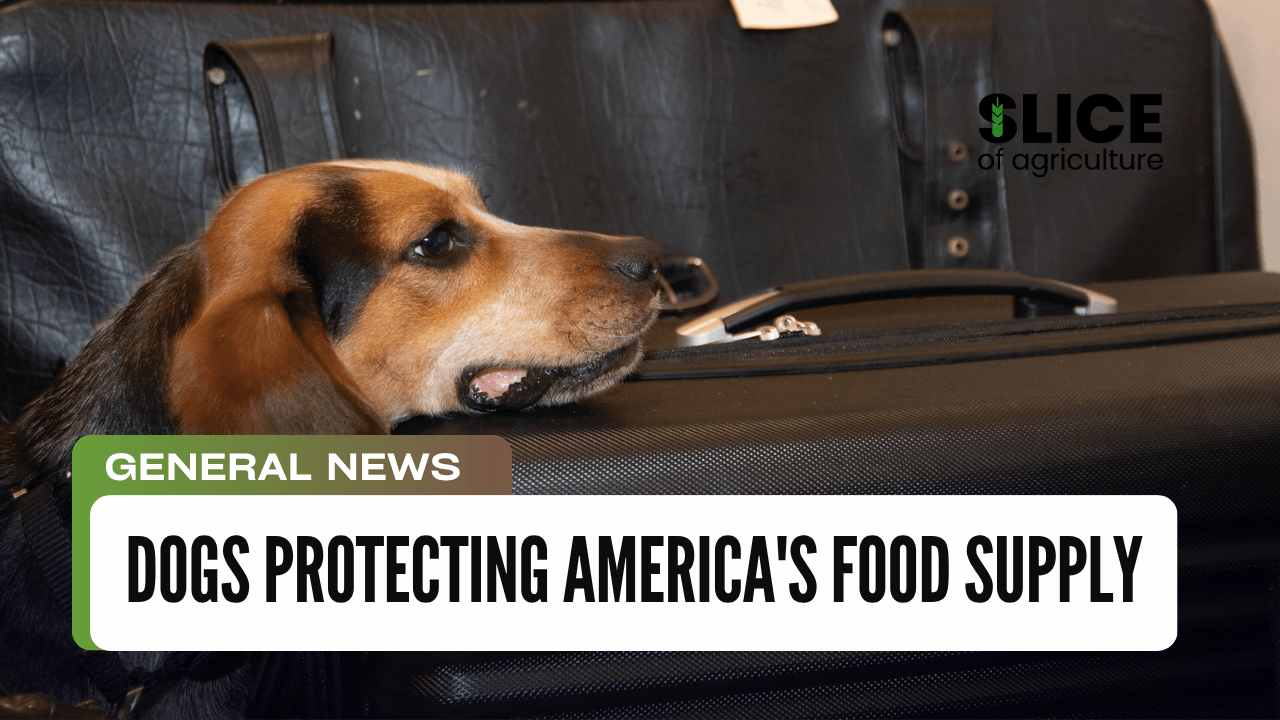
Dogs Protecting America's Food Supply
Key highlights
- USDA's Detector Dog Program trains dogs like beagles and Labradors to detect banned agricultural items.
- Dogs work at airports, borders, and ports of entry to prevent the spread of pests and diseases.
- Training happens at a 17-acre National Detector Dog Training Center near Atlanta, Georgia.
- International partnerships extend the program’s impact to countries like Canada, Taiwan, and regions of the Pacific.
- Retired dogs are usually adopted by their handlers, ensuring a smooth transition to post-service life.
Source: PR Newswire
No quotes were given.
Why This Matters
The USDA's Detector Dog Program plays a vital role in preserving U.S. agriculture and natural ecosystems by intercepting banned agricultural goods that may carry invasive pests or diseases. By deploying highly trained dogs at key entry points, the program safeguards the food supply, supports trade compliance, and protects biodiversity. Its collaboration with global partners further extends its impact, making it a critical component in the global fight against agricultural threats.



